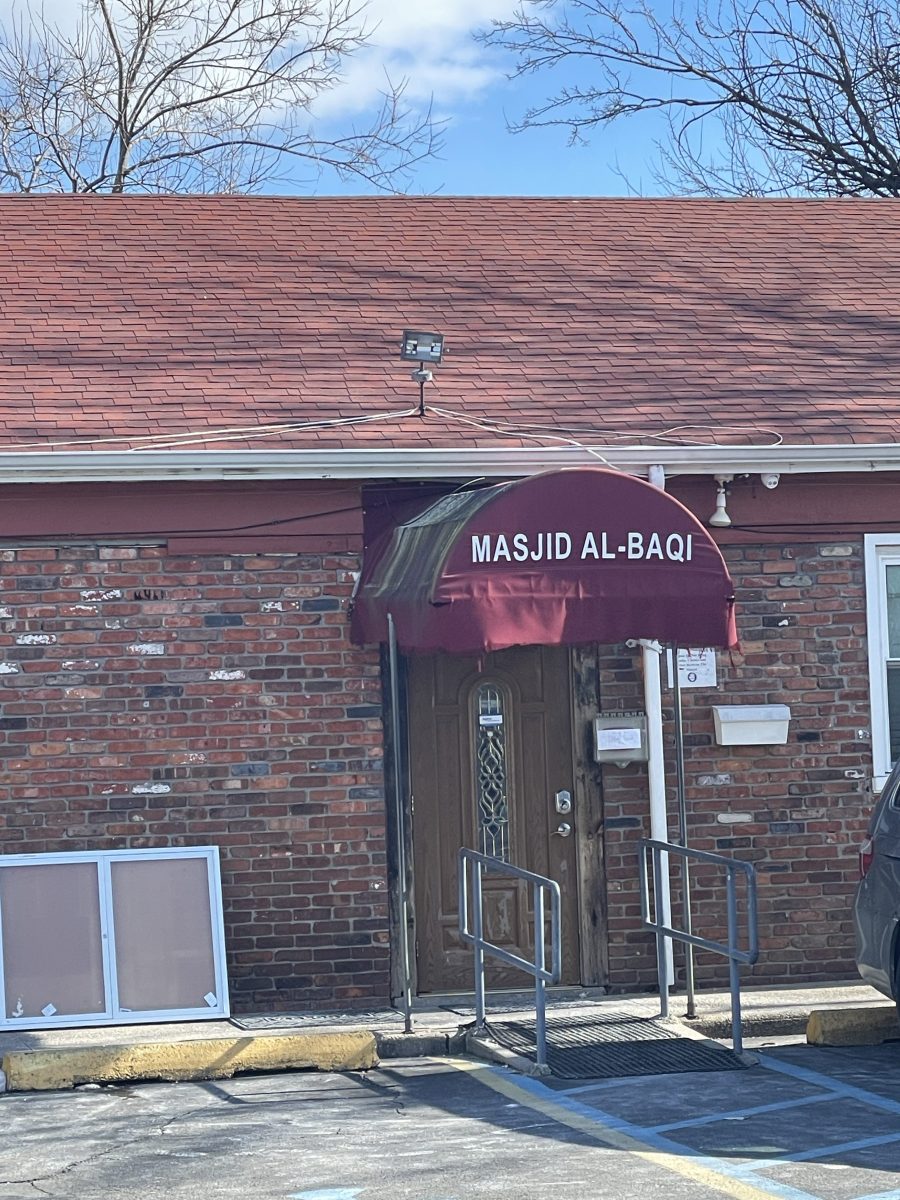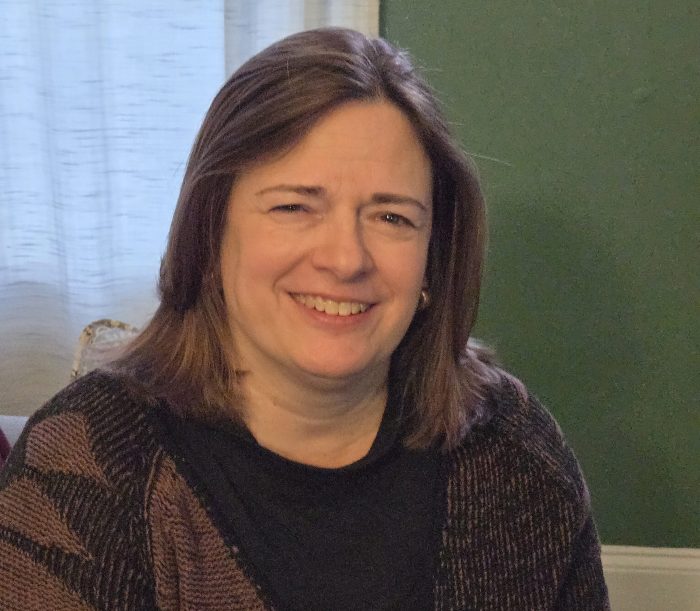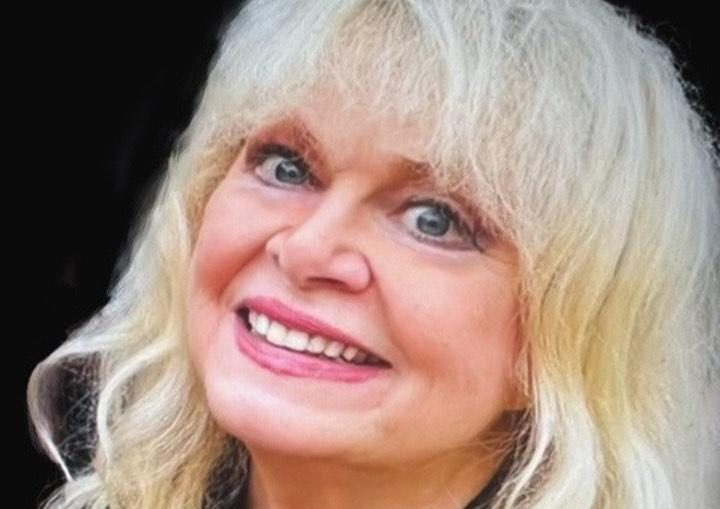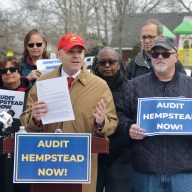The Town of Oyster has agreed to approve the expansion plan for the Masjid Al-Baqi mosque in Bethpage and pay $3.95 million to The Muslims on Long Island as a settlement of a months-long legal dispute.
The Muslims on Long Island filed suit against the Town of Oyster Bay in January for rejecting its application to expand the mosque. The group cited the Religious Land Use and Institutionalized Persons Act, the First and 14th Amendment to the U.S. Constitution, the New York State Constitution and Article 78 of the New York Civil Practice Law and Rules.
The Muslims on Long Island were seeking to replace two one-story buildings on their property with one, larger mosque. They said the town had blocked the expansion by presenting multiple legal issues, including a change in town law in 2022 that expanded the number of parking spots required for places of worship.
The change increased the number of parking spots required by the mosque from 86 to 155. According to the lawsuit, the initial proposal called for 88 spaces.
The town had contended that the claims against it are false and that its policies are applied equally and fairly.
As part of the settlement, the town will approve the application to build a new mosque with on-site parking and design features that the religious group pledges will not increase traffic in the surrounding area.
The town will also update its town code to address and resolve claims regarding Local Law No. 6.
The Muslims on Long Island will also agree to certain provisions designed to mitigate the town’s asserted traffic and safety concerns.
Bethpage’s Masjid Al-Baqi mosque congregants Imran Makda and Moeen Qureshi, who initiated the lawsuit, said they are happy about the mosque’s future.
“We are grateful to put this chapter behind us and to move forward in partnership with our neighbors,” Qureshi said. “Our new mosque will be a place where everyone—regardless of faith—will be welcome.”
“This is a day of new beginnings,” Makda said. “Our doors will always be open to the community, and we hope our mosque will be a place where people come together in friendship and mutual respect.”
Oyster Bay Town Supervisor Joseph Saladino also expressed optimism.
“This agreement resolves outstanding planning concerns and allows us to move forward in good faith as one community, “he said. “The Town of Oyster Bay has and always will respect the rights of all faith communities.”
Town spokesperson Brian Nevin had previously stated that the ruling was based on “legitimate concerns raised by both the Nassau County Planning Commission and the Planning Advisory Board itself.”
But Muslims on Long Island contended that it had fought against the town’s decision, as well as what its lawyers have called false.
“From the outset, this case has been about ensuring that the Muslim community in Bethpage is afforded the same rights as every other faith community to establish a house of worship,” Faridi previously said in a statement. “While we have seen various claims about traffic and parking raised during this process, the evidence developed in litigation has shown those concerns were either false or significantly overstated.”
One piece of evidence that lawyers for Muslims on Long Island had referenced is a testimony from a “grandmother,” which they contend does not exist, and that it was included to strengthen the defence.
Nevin had said that the deposition of Scott Byrne, the town’s deputy commissioner of planning and development, provided the grandmother’s identity as Nassau County Legislator Rose Walker, who represents Bethpage, and confirmed the grandmother’s statement.
The lawyers also referenced the town’s change in laws, saying they target places of worship of certain religions, as well at least one witness using what they call a “cheat sheet” to answer questions during the deposition.
Oyster Bay Town Attorney Frank Scalera previously said Muslims on Long Island had attempted to “distort a matter of land use and safety into a fabricated narrative of untrue religious discrimination,” and called it “disgraceful.”
The town’s denial of the mosque’s plan came years after it halted construction of the Guru Gobind Sikh Center on Old Country Road in Plainview for five years over parking concerns.
Court filings also suggest two other expansions by places of worship were denied by the town in the past.
More recently in January, a judge sided with the Hillside Islamic Center in New Hyde Park against the Town of North Hempstead regarding its expansion plan.
The U.S. Department of Justice openly supported the Mosque’s claim that the town violated its rights in April.
A court filing on Aug. 14 showed that the two sides had been nearing a settlement.































